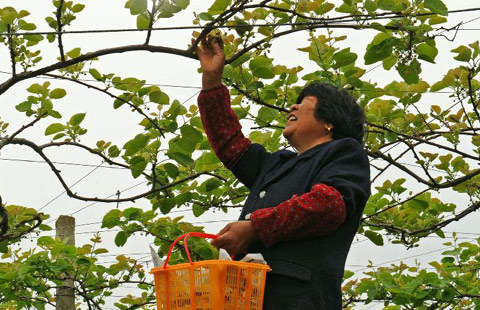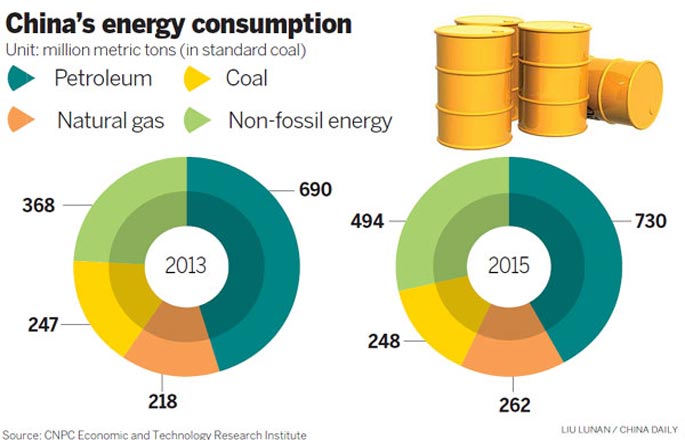Alibaba moves to protect its brand
By Mike Bastin (China Daily) Updated: 2015-02-17 07:30It was only a few months ago that Alibaba Group Holding Ltd's initial public offering on the New York Stock Exchange raised a record $25 billion. It seems like a long time ago right now.
Fake product scandals are nothing new to China or Chinese companies, but Alibaba is caught in a mire where more and more counterfeit goods, it is claimed, are associated with its operations.
But will this tarnish the Alibaba brand's reputation? And is there much that Alibaba and its management can do to ensure that all products sold through its online platforms are authentic?
The ever-litigious Americans appear to be spearheading the legal assault on Alibaba with five United States-based law firms leading an apparently investor-instigated investigation.
These moves follow a critical report by the Chinese government about fake products being sold on one of Alibaba's online platforms.
So far, there are no reports that identify specific counterfeit goods. Those at the Alibaba platform most in the spotlight, Taobao, have vehemently protested what they said was unfair treatment and unjust and negative publicity.
On the American side, the reports are potentially even more damaging to the Alibaba brand internationally. But here again, no specific detail has appeared.
While investigations proceed, it is difficult to comment and speculate too much. But it should be noted that Alibaba is not responsible for the production of any goods sold on its online platforms.
It has been reported that Alibaba Chairman and co-founder Jack Ma met with Zhang Mao, head of the State Administration for Industry and Commerce.
The meeting demonstrates excellent brand damage limitation at Alibaba. Ma appears to have sought the meeting and made it clear that every effort will be made to crack down on fakes sold online via Alibaba platforms.
Few corporate leaders would have reacted so swiftly. Many large, well-known companies have faced class-action lawsuits. Alibaba may face the same fate, but a major, permanent impairment of its brand value is unlikely.
Most people accept that in the vast Chinese mainland market, it is tough to track and eliminate fake products. Ma is right to stand up on behalf of the e-commerce industry.
The author is a visiting professor at the University of International Business and Economics in Beijing and a senior lecturer on marketing at Southampton Solent University's School of Business. The views do not necessarily reflect those of China Daily.
- Taxi-hailing merger signals shift to higher-end services
- Victor Smorgon Group eyes China agro market
- Real estate market starts to make turnaround in E China province
- Art lovers propel auction leaders' growth
- Pre-holiday IPO rush may raise $910m
- CNR division in Tangshan on track to move world
- Imports of cotton dip as textiles struggle
- P2P lending covers rural areas

















